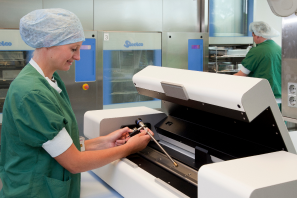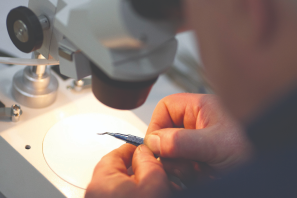Home › Surgical Instrument Repair and Maintenance
Our Services
 Need help?
Need help?
For all enquiries or to request
a quote.
Call us on +44 (0) 114 2404400
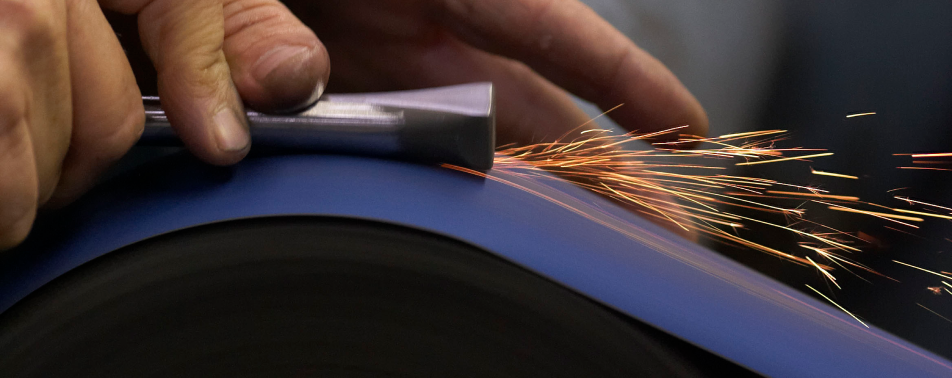
Surgical Instrument Repair and Maintenance
Reduce Cost Exposure, Optimise Serviceable Life and Mitigate Risk…
As a Bolton Surgical customer you can expect a comprehensive service that will support you to reduce cost exposure and optimise the serviceable life of your instrument inventory whilst minimising risk to patient safety.
About our Repair & Maintenance Services
Bolton Surgical’s Repair and Maintenance Service supports sustainability by offering circulatory for your surgical instrument inventory.
Operating from our modern facility in Sheffield we use best available technologies and equipment and the highest quality fully traceable materials, our highly skilled engineers take care of your assets as if they were their own.
We invite you to choose a service provider who truly puts patient safety at the forefront of everything we do. Our performance indicators speak for themselves with year-on-year conformance levels of over 99.97% for our repair and maintenance services!
Reduce your carbon footprint by choosing a Company with complete end to end repair, restoration and maintenance capabilities under one roof. Operating from one UK location with in-house technical capability means full and complete control of your devices repair journey! Our open house policy welcomes you to experience the repair journey end to end.

Why choose Bolton Surgical?
As a Bolton Surgical repair customer you can expect a comprehensive service that meets or exceeds all applicable standards and requirements.
- Repairs carried out in accordance with our ISO13485:2016 Quality Management System and tested to applicable DIN standards.
- Turn around time of just 5 working days for all standard repairs – see ‘Our Repair Service Journey’.
- Systems optimised to enable full traceability of customers assets throughout the repair process.
- Individual technical reports on all specialist device repairs.
- Open pricing policy and pre-pricing available or individual device threshold values can be determined by the customer.
- Replacements and service exchanges available from a large range of stocked products.
- Consumables such as order pads, repair tags and transportation boxes included at no extra cost.
- Safe and secure transportation available through our own vans and drivers or our dedicated courier service.
- Fully batch traceable spare parts manufactured from materials compliant with all applicable standards.
- Labour Standards Assured parts and service.
- Disposal of end of life instruments through licensed and validated recycling facility.
- 12 Months warranty on all repair work.
- Service Level Agreement detailing dedicated point of contact both internally on internally and on-site detailing service availability and expectations.
- Regular usage and spend reports tailored to suit individual customer requirements.
Our Repair & Maintenance Services

General Surgical Instrument Repair

Laparoscopic Instrument Repair

Micro, Neuro and Ophthalmic Repair

Arthroscopy Instrument Repair

Monopolar and Bipolar Repair

Electrosurgical / Fibreoptic Cables & Connectors

Fibreoptic Instruments

Rigid and Semi-Rigid Telescope Repair

Diamond Knife Repair

Auditing if Instrument Sets and Devices
Our Repair Service Journey
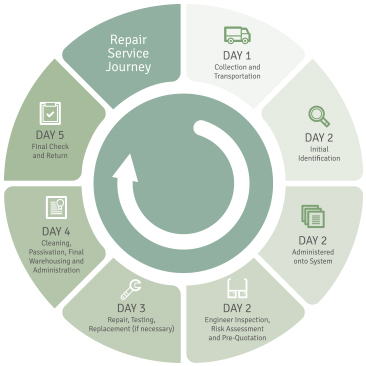
DAY 1
Transportation
Repairs are collected and delivered to our workshop in Sheffield via our own vans or through our dedicated courier service
DAY 2
Initial Identification
Decontamination status is checked and verified. All devices and instruments are checked against customers paperwork for both type and identification marks, everything is logged and any discrepancies are noted
Administered onto System
Each individual item within a customers order is uploaded onto our system. Works orders are produced for each item and items are separated into type, ready for inspection by an engineer
Engineer Inspection and Pre-Quotation
All instruments and devices are inspected, tested and risk assessed for suitability for repair. Any non-repairable items are flagged. Repair quotations are sent to customers if applicable and await authorisation
DAY 3
Repair Undertaken
Once authorisation is received, the repair work is carried out in accordance with controlled procedures, all work done and spare parts used are recorded on individual works orders
DAY 4
Warehousing and Administration
Instruments are passed through to our warehouse where they are cleaned, checked, marked with date of repair, bagged and collated ready for final check. Paperwork is collated and delivery notes produced
DAY 5
Final Check and Return
Items are given a final check against delivery notes and packed for delivery back to the customer
All repairs are carried out in accordance with current manufacturing standards – Visit our Downloads page to download our EC Declaration of Conformity.
You can download a copy of our Repair and Maintenance Services brochure by clicking here. Find out how we can help you to keep your instruments in good working order. Contact one of our Sales Consultants now!
Downloads
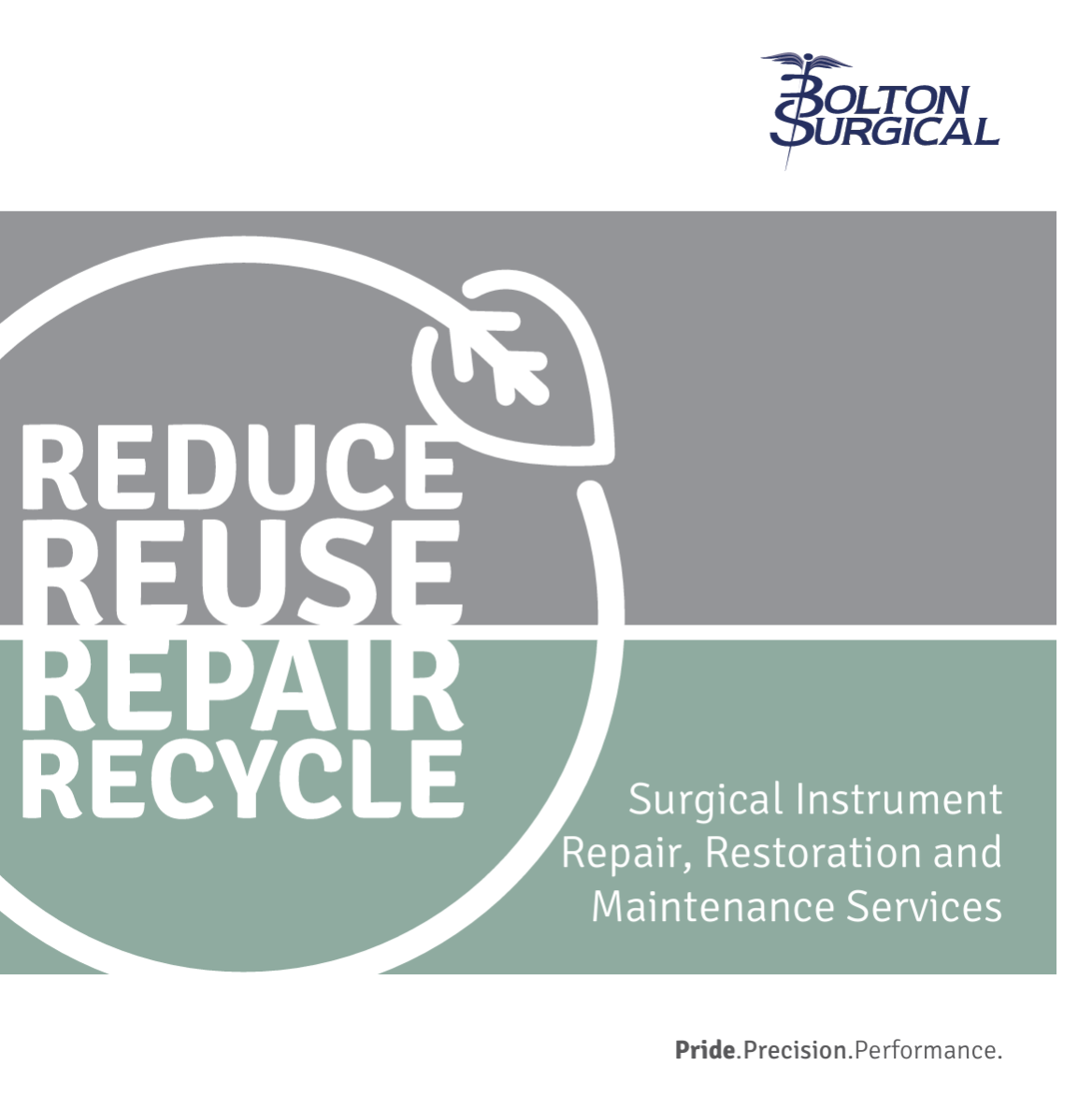
Repair Brochure
Download PDFOther Repair and Maintenance Services available from Bolton Surgical
Need help?
For all enquiries or to request a quote. Call us on +44 (0) 114 240440
